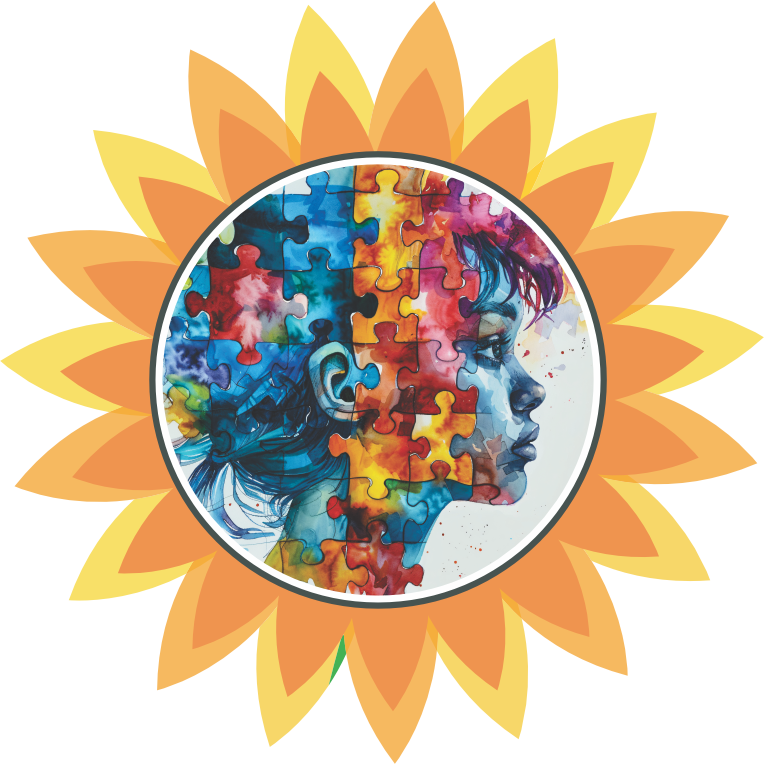The impact of autism spectrum disorder can vary from person to person, and it’s not accurate to say that autism universally worsens or improves with age. Instead, individuals with autism may experience changes in their symptoms, challenges, and strengths over time, influenced by factors such as developmental maturation, interventions, and life experiences.
In my personal experience, I have observed that there is some degree of natural improvement with age in most autistic children. However, this change is accelerated manifold with appropriate treatment.
Children with significant intellectual disability or epilepsy as a comorbidity can show an increase in autistic symptoms with age, unless treated effectively.
For some individuals, early intervention and appropriate support services can lead to significant improvements in areas such as communication, social skills, and adaptive functioning. As they grow and develop, they may learn coping strategies and skills that help them navigate social situations and daily life more effectively.
However, for others, particularly those with more significant support needs, autism symptoms may remain relatively stable or may present ongoing challenges throughout their lives. Additionally, transitions to adolescence and adulthood can bring new challenges and complexities, such as navigating relationships, employment, and independent living.


